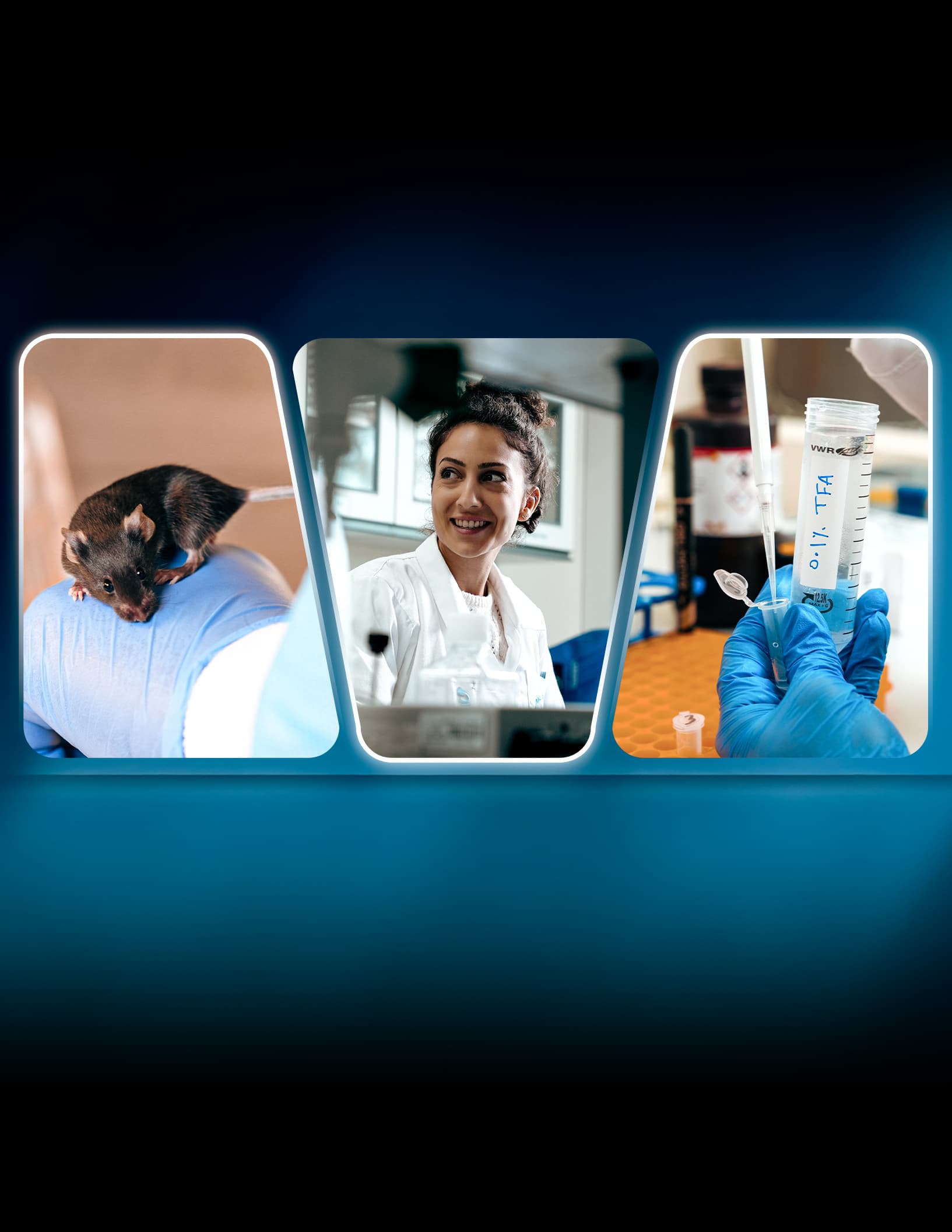About
Lines of Research
Highlights
Collaborations
Publications
Our Team
About
The goal of the research group Modeling, Analysis, and Simulation of Some Evolutionary Phenomena (MASEP) is to strengthen both theoretical and computational knowledge of complex dynamical systems that undergo evolution. Our research focuses on developing and applying rigorous mathematical frameworks to simulate, analyze, and model a variety of evolutionary processes, especially those controlled by control systems, partial differential equations (PDEs), and stochastic PDEs. Chemical graph theory is also thoroughly examined by MASEP to gain a deeper understanding of molecular structures and their dynamic behavior. Our mission strives to close the gap between abstract mathematics and practical phenomena by offering robust numerical techniques and simulations which help in advances in science.
Goals and Objectives
The mission of Analysis, and Simulation of Some Evolutionary Phenomena (MASEP) Research Group is mathematical models of such evolutionary phenomena linear and nonlinear cases Modeling, Analysis, and Simulation of Some Evolutionary Phenomena focuses on the analytical theory of such equations (existence, uniqueness, qualitative behavior) and on the development and implementation of some new algorithms and their numerical analysis. In chemical interactions we have to model the chemical phenomena into graphical structure. The main idea to compute some topological indices for these graphical structures which are being used by researchers in the quantitative structure-property relationship (QSPR) and quantitative structure-activity relationship (QSAR) studies to predict the physico-chemical properties of molecules.
Objectives:
To fulfill its mission, the MASE research group has four goals, and a number of objectives as follows:
- Advance Research and Innovation: Conduct interdisciplinary research addressing complex and integrated Modeling, Analysis, and Simulation problems, with focus on those UAE, and the region. - Expand knowledge and provide cutting edge solutions to analytical theory of such equations (existence, uniqueness, qualitative behavior) and on the development and implementation of some new algorithms and their numerical analysis. - Many fundamental phenomena can be described by evolutionary equations such as partial differential equations deterministic or stochastic models.
- Disseminate Knowledge and Pursue Community Outreach: Organize professional courses, seminars, workshops, and conferences related to Modeling, Analysis, and Simulation. - Actively pursue publishing research findings in renowned journals and conferences and provide relevant info to community through the media and group’s website.
- Enhance and Develop Sustainable Infrastructure Educational Programs: Emphasize the practical and innovative aspects of sustainable infrastructure education in Existing undergraduate and graduate courses in Mathematics in the University program. - Integrate graduate and undergraduate in research and professional activities of the group. - Provide tailored internship program with collaborating organizations and institutes.
The research group is dedicated to understanding how various environmental factors, both natural and man-made, influence cancer development and impact overall human health. The research encompasses multiple interrelated areas:
Environmental Toxins and Cancer: Investigating the molecular effects of common environmental toxins on human cells and their role in the development of different cancers. This includes identifying specific toxins, characterizing their mechanisms of action, and exploring their links to genetic mutations and cancer initiation.
Signaling Pathways in Carcinogenesis: Delving into the signaling pathways and molecular mechanisms that drive cancer development, with a specific focus on how environmental factors disrupt these pathways. This research aims to uncover key targets for potential therapeutic interventions.
Oxidative Stress, Antioxidants, and Vascular Health: Examining the impact of oxidative stress on vascular remodeling and overall human health, particularly in the context of chronic diseases like cardiovascular diseases. Research explores how antioxidants can mitigate oxidative damage and improve vascular function.
Nutritional Interventions and Dietary Chemoprevention: Investigating the effects of nutrition, dietary patterns, fasting regimens, and specific dietary components on cancer risk and health outcomes. This research seeks to identify dietary strategies that can prevent cancer and enhance the well-being of cancer patients.
Environmental Agents as Therapies: Exploring the potential of environmental agents and compounds for treating cancer and other diseases. This includes screening and evaluating the safety and efficacy of such agents in preclinical and clinical settings.
Corrosion Prevention and Environmental Health: Studying corrosion prevention methods to protect environmental factors and promote human health. This research assesses the environmental and health impacts of corrosion, develops preventive strategies, and measures improvements in public health resulting from reduced corrosion.
Highlights
The MASEP research group members are engaged in interdisciplinary research focused on the following priority lines of research:
- Modeling
- Mathematical Analysis of PDEs and ODEs
- Numerical analysis
- Stochastic analysis
- Computational Chemical Graph Theory
- Computational Mathematical Chemistry
Collaborations
- Prof. Krishnan Balasubramanian, Arizona State University, United States.
- Prof. Abdul Siddiqui Majeed, Pennsylvania State University, United States
- Prof. Meliani Mostafa, Radboud University, Netherlands
- Prof. Vanja Nikolić, Radboud University, Heyendaalseweg 135, Nijmegen, Netherlands
- Julio Careaga, University of Groningen, Netherlands
- Prof. Aissa Guesmia, Institut Elie Cartan de Lorraine, France
- Virginie Régnier, Polytechnic University, France
- Johnson Audu, Centrale Supélec Gif-sur-Yvette, France
- Prof. Ibtissam Issa, University of L'Aquila, Itali.
- Filippo Dell'Oro, Politecnico di Milano, Itali.
- Octavio Paulo Vera Villagran, University of Bío-Bío, Chile
- Prof. Mohamed Alahyane, Mia Laboratory, La Rochelle University, France
- Prof. Kinkar Chandra Das, Sungkyunkwan University, South Korea
- Prof. Soh Edwin Mukiawa, University of Hafr Al Batin, Hafar Al Batin, Saudi Arabia
- Prof. Baowei Feng, Southwestern University of Finance and Economics, China
- Prof. Ivan Gutman, University of Kragujevac, Serbia.
- Mostafa Meliani, Czech Academy of Sciences, Prague, Czechia
- Toufic El Arwadi, Beirut Arab University, Lebanon
- Prof. Mohammad M. Al-Gharabli, King Fahd University of Petroleum and Minerals, Saudi Arabia
- Prof. Imen Benabbas, AMNEDP Laboratory, Faculty of Mathematics, Algeria
- Prof. Modjtaba Ghorbani, Shahid Rajaee Teacher Training University, Tehran, Iran.

